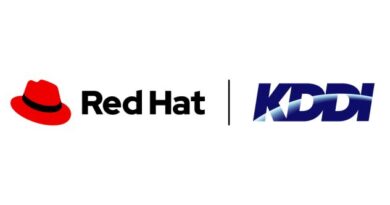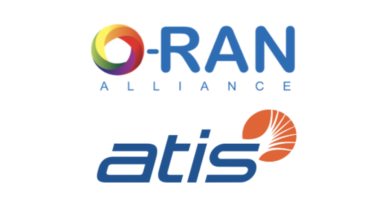Second 5G Open RAN deployment coming to Bath

The city of Bath in the UK is launching a government funded Open RAN pilot scheme later this summer. The scheme aims to address the connectivity and capacity issues which the city experiences. This is the second Open RAN deployment in the city and follows the launch of Vodafone‘s, and the UK’s, first Open RAN deployment back in 2022.
Telet, who put together the successful bid for £9,910,790 of government grants on behalf of its Western O-RAN Deployment (WORD) consortium, will manage the project which will have a total value of £14.5m. The pilot scheme itself is fully funded by a £773,132 government grant.
In a first instance, around 16 small low power cell radio units will be installed in key locations on lamp posts around the heart of the city. 200 to 300 volunteers, from a broad mix of local communities will test the new 5G network. Users will be provided with a specific SIM card and at least 200 high spec handsets to test the network’s resilience and performance in managing high demand in a dense environment. The testing will also involve a number of events where users place high demand on the network at the same time and location.
Open RAN components will consist of Remote Radio Units from Antevia, integrated to work with Centralised Units and Distributed Units from Radisys, which will develop a new MOCN gateway to implement an industry standard JOTS compliant Neutral Host. Open RAN small cells will be integrated by cellXica and others.
An Integration Centre will be built in Bath to stage deployments and train technical apprentices. A Near Real Time RAN Intelligent Controller will provide a range of management and orchestration functions on the 5G SA Open RAN through the use of xApps developed by consortium partner The University of Lancaster, including AI techniques to improve spectrum utilisation and energy efficiency.
Systems Integrator Virtuser will provide electro/mechanical design aimed at reducing size, weight, power consumption and visual impact. Emphasis will be placed on managing and accounting for power consumption and delivering an eco-friendly Mobile Insertion capability for deployment at temporary events.
Two indoor locations, the Roman Baths and Bath Rugby Stadium, have also been identified as options to install additional radio units to test the network to benefit customer experiences. The radio units will operate at a radio frequency of around 4 gigahertz, while WiFi routers operate at 2.4 or 5 gigahertz for comparison.
Another interesting aspect of the project is how it complies with Bath’s strict deployment guidelines designed to protect Bath’s World Heritage Status, something that to date has been a blocker on digital connectivity in the city.
The West of England Combined Authority will develop the lessons learned and grow digital team capacity in the project trial areas as an integral component of the new West of England Digital Strategy. Key desired outcomes of the pilot include:
- Providing Local Authorities with a technically proven model, a solid business case and a cost/benefit analysis for authority-owned 5G Neutral Host networks.
- Tracking the benefit of improved 5G network coverage in the deployment communities
- Assessing the socio-economic impacts of delivering 5G coverage and capacity



